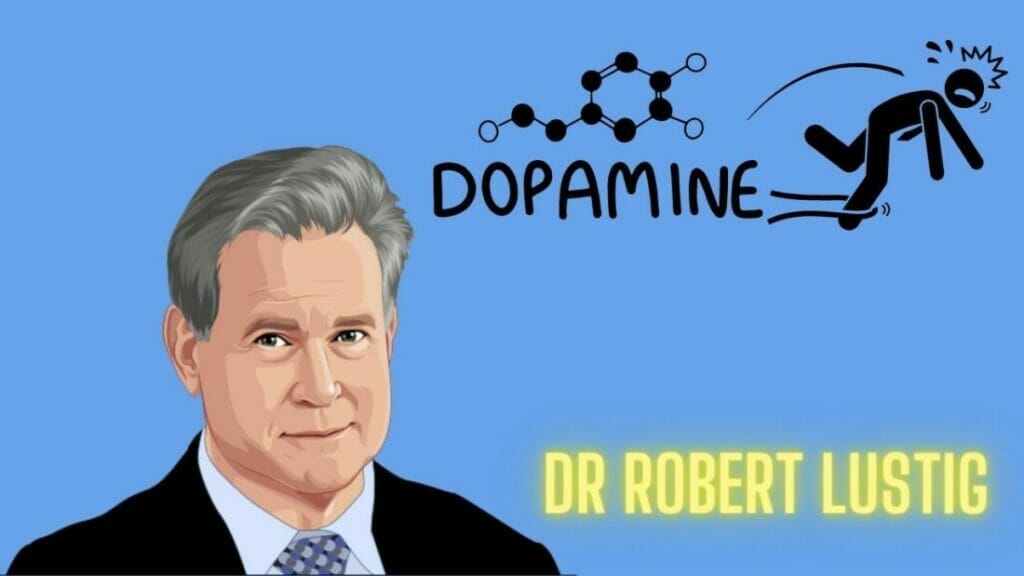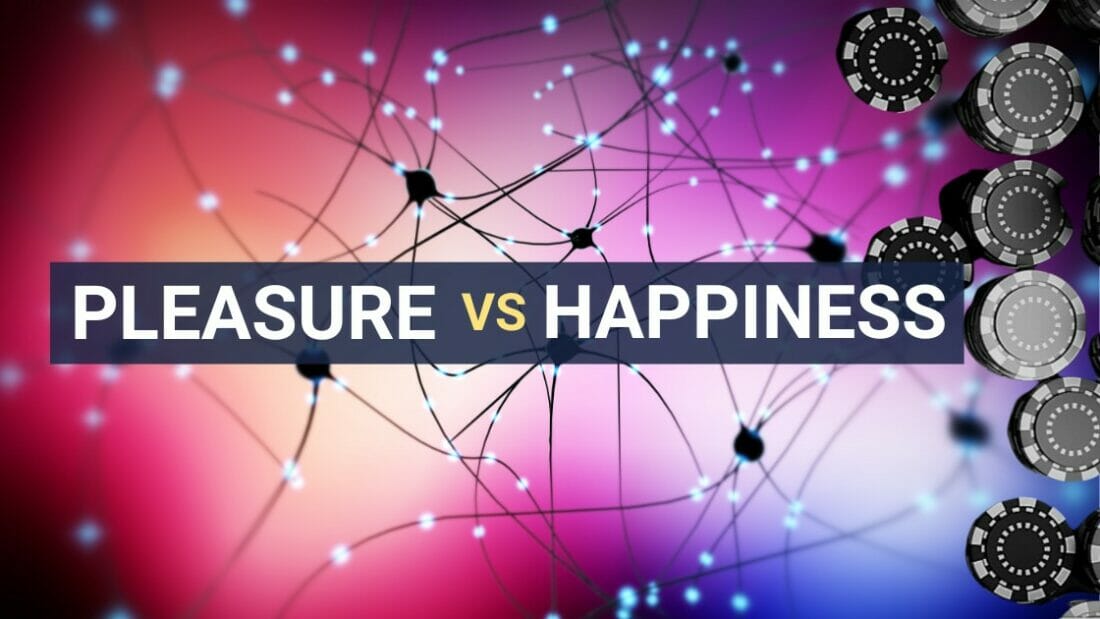#Dopamine Your brain has some cool chemicals that control how you feel. Dopamine is that exciting high you get when you level up in a game. Doctors would say dopamine is a learning neurotransmitter. It acts as the positive reinforcement neurotransmitter and tells us, “This feels good. I want more!” Dopamine makes you want more of whatever gave you that awesome feeling.
#Serotonin Then we have serotonin. Imagine you just had a massive, satisfying meal and can’t eat anymore, no matter how good it looks. That’s what serotonin does. It makes you feel content and satisfied.
But if you mix up these two feelings or don’t know the difference, you could chase that high non-stop. The constant chase can be detrimental to you. Can you recognize that from playing slot machines or scrolling through social media posts and videos?
There’s also a third vital component of the brain chemical called cortisol. We’re sure you’ve heard of it! #Cortisol is part of the stress alert system in your brain. Dr. Robert Lustig said this about cortisol: “Cortisol impacts a section of your brain known as the prefrontal cortex, right behind your forehead and eyes. The prefrontal cortex is responsible for preventing us from making rash decisions. I liken it to the Jiminy Cricket part of your brain, as seen in Pinocchio.“

Too much cortisol messes with your brain’s decision-making area, making you act on impulse without thinking about the consequences. Think of it as turning your brain from “smart human mode” to “do it now, think later mode.” Suppose you’re always chasing that dopamine high. Then you risk developing an addiction to whatever gets you those highs.
It’s the combination of dopamine and cortisol that contributes to addiction. While rewards can be good, adding stress can be harmful. Today, many of us are chronically stressed, making us crave rewards due to this impulsive “do it now, think later ” mindset, and setting us up for addiction. Too much stress can also lower our happiness levels, leading to feelings like depression.
Stress messes with your brain. But when you’re super stressed, cortisol reduces the “docking stations” for serotonin. So, with less serotonin and fewer places for it to go, you might feel down or depressed. Thus, addiction and #depression arise – one from excessive dopamine and the other from a lack of serotonin, both exacerbated by chronic stress.
Here’s another thing: there’s a big difference between short-lived pleasure and long-lasting happiness. Think of pleasure as the buzz you get from eating your favorite snack and happiness as the good vibes from hanging out with your best friends for a whole weekend.
#Pleasure #Happiness We all have a built-in system that rewards us for doing things. Without it, we wouldn’t even want to get up in the morning. Even animals need this system to want to stay alive. This system helps us survive. But it’s important to know the difference between getting pleasure (like enjoying candy) and long-lasting happiness (like feeling good about a job well done).
Difference Pleasure & Happiness
It’s vital to understand the difference between pleasure and happiness. For example:
- Pleasure vs. Happiness Duration: Think of pleasure as the amazing sensation of eating your favorite burger. It’s fantastic but only lasts while the burger does. Happiness is more like the long-lasting joy you get from having tight friends. It’s about the whole experience and stays with you.
- How They Feel: Pleasure’s like the beat drop in a song—intense and right at the moment. You feel it from head to toe. Happiness? That’s the background tune that keeps you humming all day. It’s less in-your-face, more in the background, but it’s steady and uplifting.
- Taking vs. Giving: Think of pleasure as hitting a game’s jackpot. It’s cool and all about you. But happiness is like that warm glow you get when you help someone out or work on a group project that turns out amazing. It’s about sharing and connecting.
- Solo vs. Social Vibes: You know that joy when you sneak a slice of chocolate cake at midnight? That’s a solo pleasure. But happiness? It’s more like that epic weekend hangout with your buddies. It’s all about those shared moments.
- Substances & Genuine Feels: Okay, so some stuff like drugs can give you a wild, intense rush. That’s a pleasure. But it’s fleeting and can leave you feeling empty afterward. How do you feel after the casino? Real happiness doesn’t come from a bottle or a pill. It’s built on real experiences and connections.
- Addiction Alert: Going overboard with things that give quick pleasure, like gambling or excessive drinking, can trap you in a cycle of always wanting more. It’s like getting hooked on a game that you can’t stop playing. But happiness? It’s like your favorite chill playlist—always good, never too much.
- Dopamine vs Serotonin: Dopamine’s like the ‘hype-man’—making things feel exciting for a bit. That’s a pleasure. Serotonin’s more like the ‘chill DJ’—keeping things smooth and balanced. That’s happiness. They’re different, but both are important.
Remember, life’s a mix of pleasure and happiness. It’s alright to enjoy the moment but also think about what makes you genuinely happy in the long run!
How can we use this knowledge to beat gambling addiction?
#Learning Sometimes compulsive gamblers are called dopamine junkies. Dopamine and the brain’s reward system have a central part in gambling. Gambling is flooding the brain with dopamine. A common way to deal with gambling addiction is to find alternatives to get dopamine kicks. But, after reading the book The Hacking of the American Mind by Dr Robert Lustig, perhaps it’s more important to lower dopamine in general than to try to maintain it!?
Based on this article, three things can help people with gambling problems.
- Lower dopamine.
- Lower cortisol.
- Increase serotonin.
We felt so inspired after writing this article, that we created another article about 5 ways you can do to change your dopamine, cortisol, and serotonin levels. Please check out the article: Serotonin – The Game-Changer you need?
If you found this article interesting, we are convinced you’ll enjoy it and find the next article on serotonin helpful. Check it out! And if you need more help on how to stop gambling, you’re welcome to join the community and start working towards a gambling-free life. On the platform, you can make new friends watch videos, and you’ll find challenges to challenge yourself towards becoming a happier and free person.
Good luck!
 English
English Español
Español Français
Français Português
Português Svenska
Svenska

